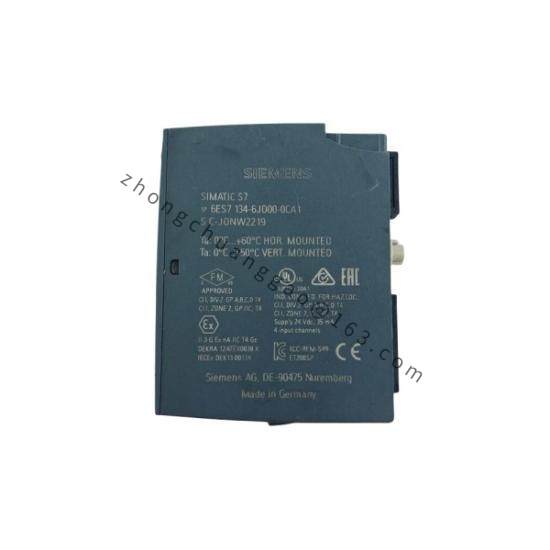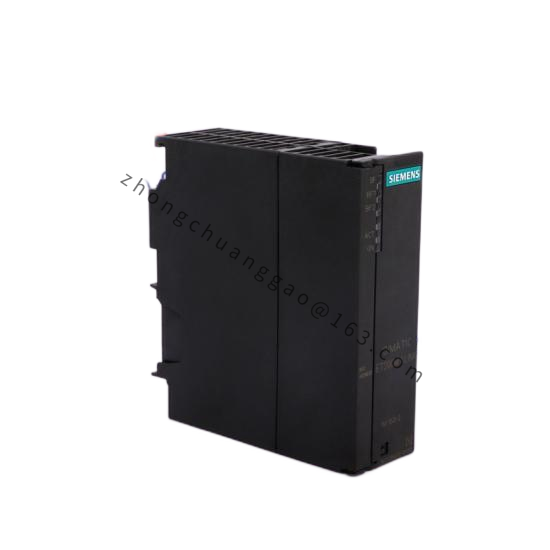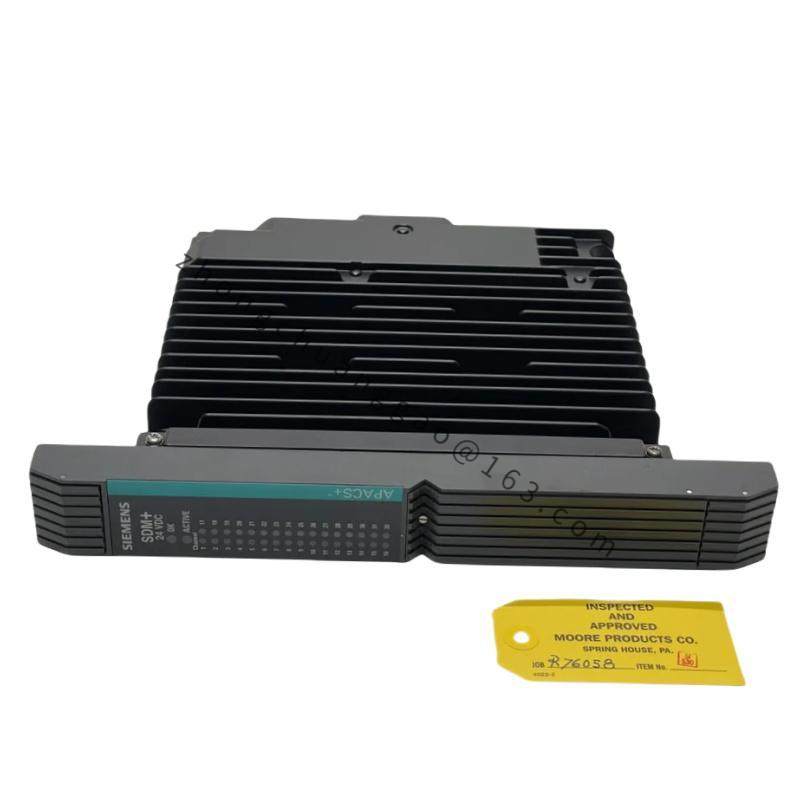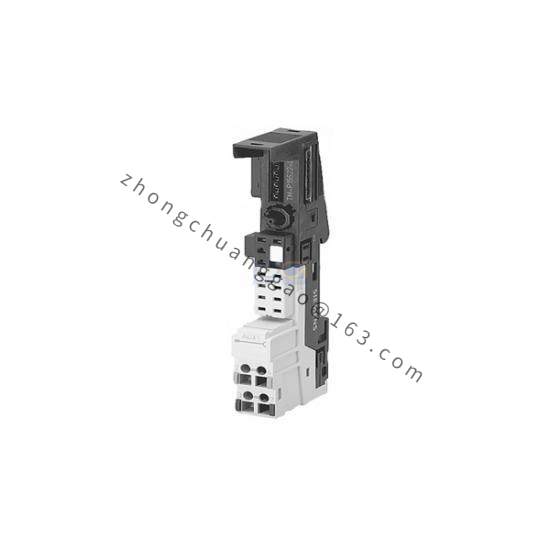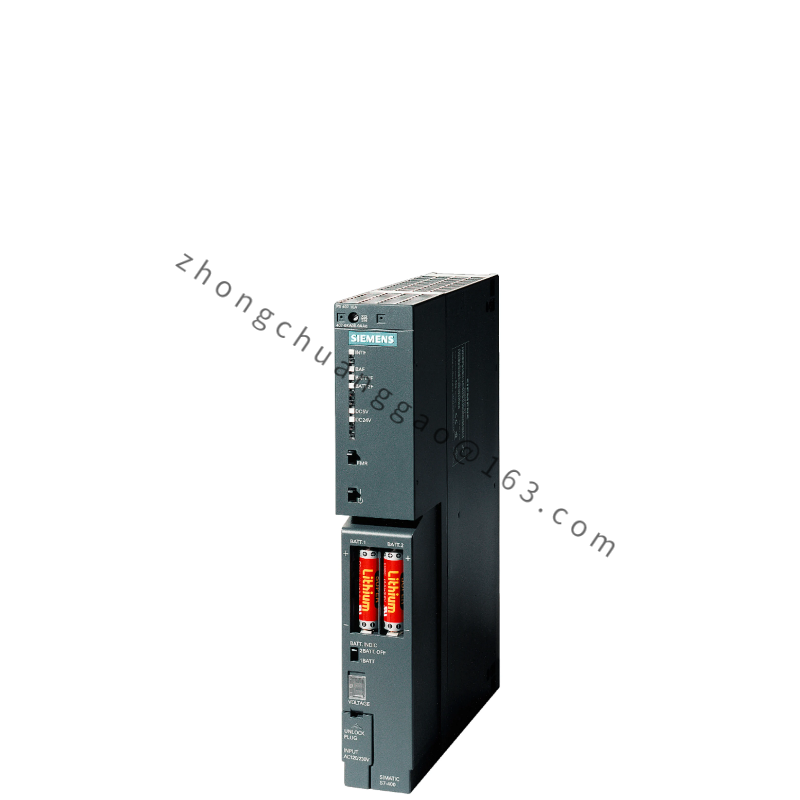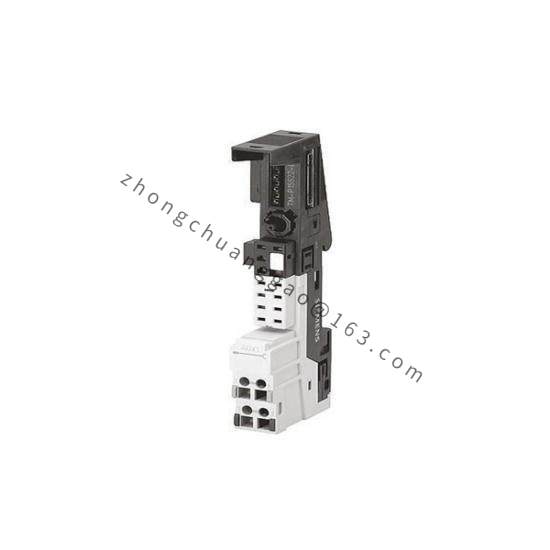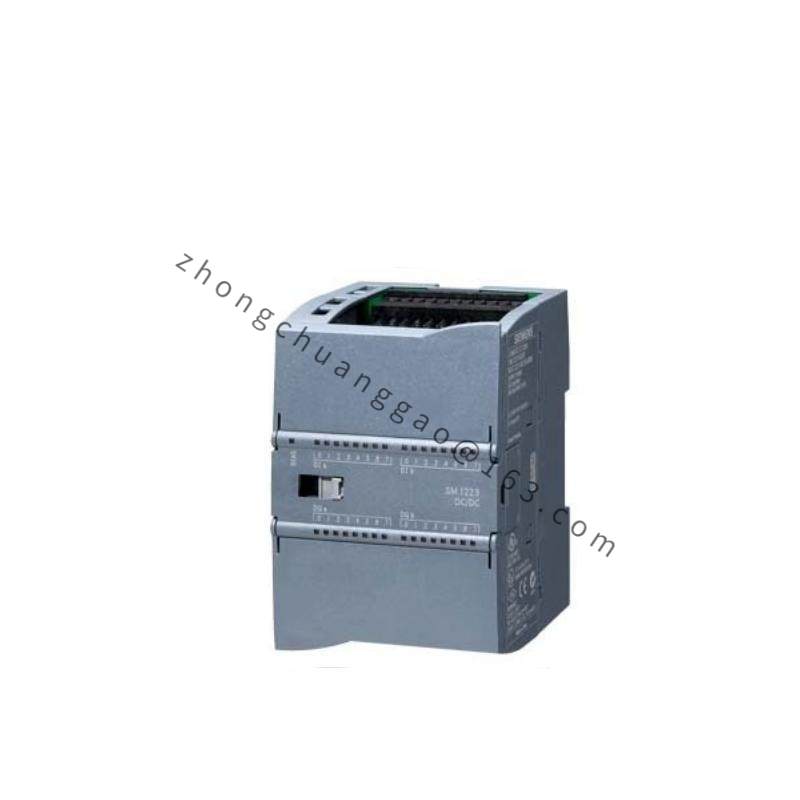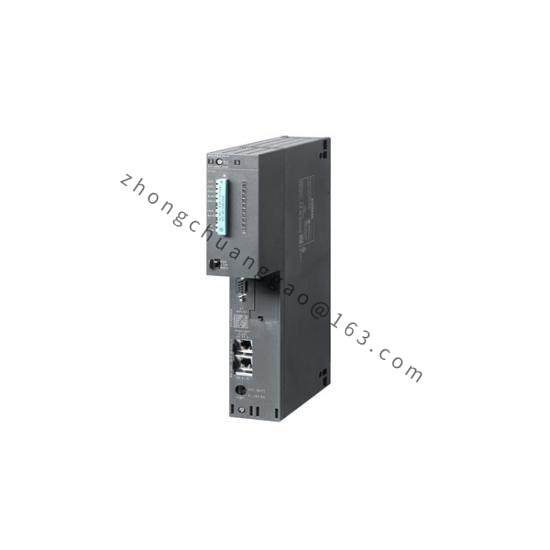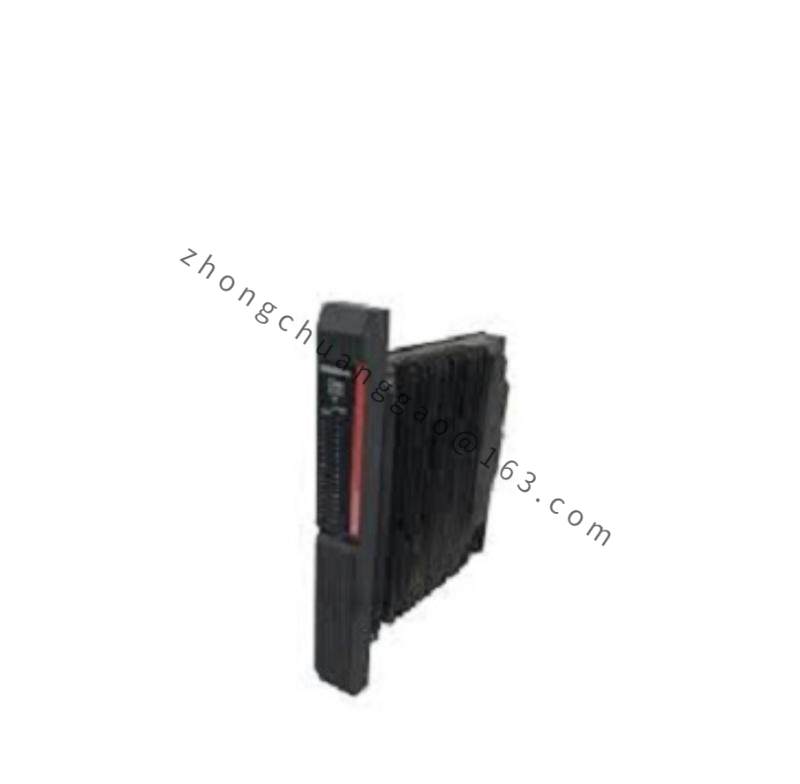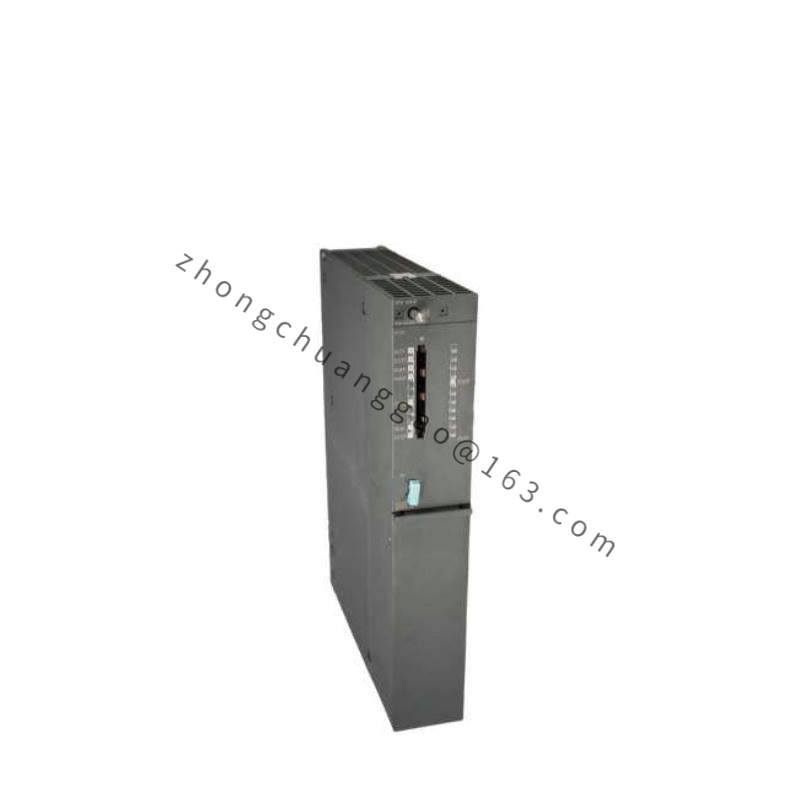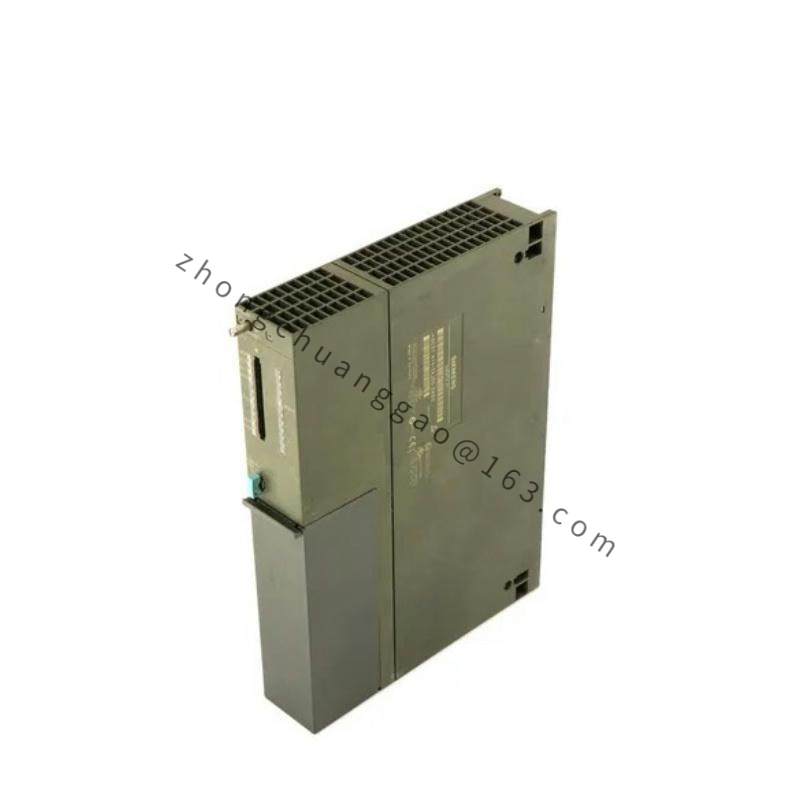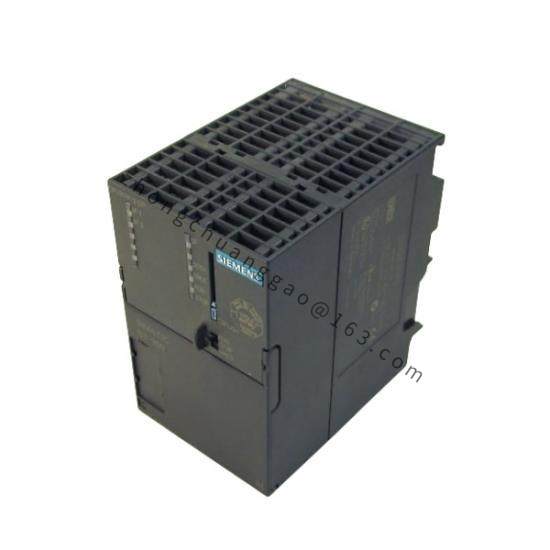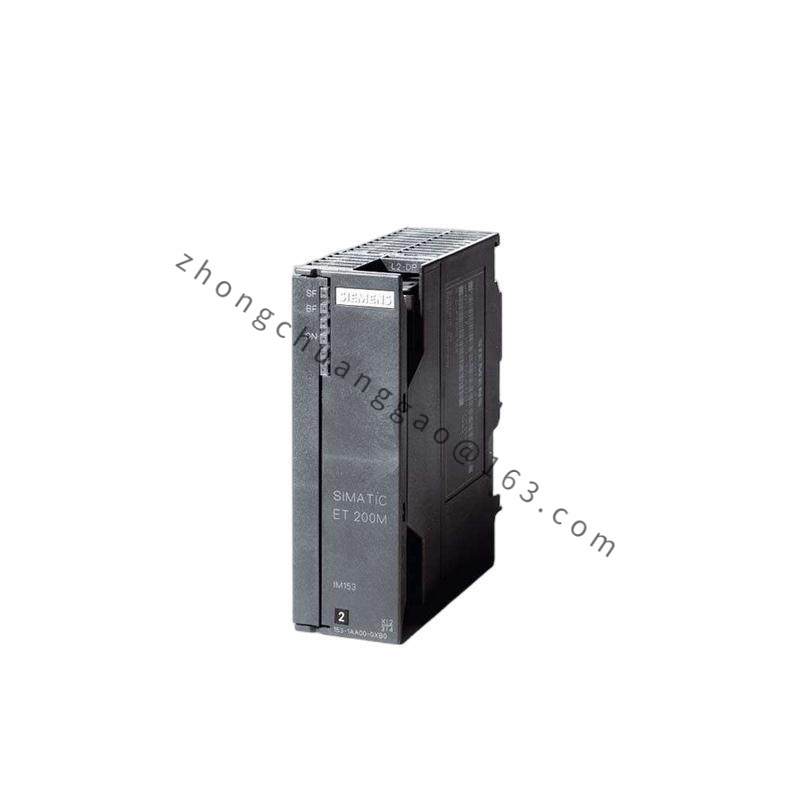Siemens 6ES7 134-6JD00-0CA1: High-Performance Analog Input Module for Industrial Automation
This Siemens SIMATIC ET 200SP Analog Input Module, model 6ES7 134-6JD00-0CA1, is designed for seamless integration into advanced automation systems. It provides high-precision RTD and thermocouple measurements, ideal for demanding industrial environments.
Detailed content
Type:Analog Input Module
Sub-Type:ET 200SP
Module Number:6ES7 134-6JD00-0CA1
Channel Count:4
Temperature Range:-200°C to +850°C
Precision:+/- 0.1%
Wiring Options:2-, 3-, 4-wire
Color Code Compatibility:A0, A1, CC00
Bit Resolution:16-bit
Communication Protocol:Integrated
Fault Diagnosis:On-board
Operating Voltage:10VDC
Current Consumption:Max. 20mA
Operating Temperature:-25°C to +60°C
Storage Temperature:-40°C to +85°C
Mounting Style:Panel
Weight:Approx. 0.037 kg
Dimensions:15mm width x 70mm height x 25mm depth
The Siemens SIMATIC ET 200SP Analog Input Module, model 6ES7 134-6JD00-0CA1, is a high-performance solution designed for industrial automation environments. It seamlessly integrates into Siemens’ comprehensive range of automation products, ensuring compatibility and ease of integration.
With its 4-channel capability for RTD and thermocouple measurements, this module offers unparalleled precision, enabling accurate temperature monitoring across various industrial processes. Its high feature set includes channel diagnostics, which provides users with detailed insights into the operational status of each channel, enhancing system reliability.
Featuring a compact design, the module is equipped with an internal EMI filter, specifically tailored for 230V 1 phase and 460V 3 phase applications. This ensures robust performance even in challenging electrical environments, further contributing to its reliability in diverse industrial settings.
Suitable for a wide range of industries, this module supports multiple fieldbus protocols through optional modules, including DeviceNet, Profibus, LonWorks, and CANopen. This flexibility allows seamless integration with existing systems, facilitating a modular approach to automation infrastructure development.
The inclusion of an RFI-switch for mains ensures protection against electromagnetic interference, safeguarding critical data integrity and system stability. Moreover, the ability to share a common DC bus enhances efficiency by reducing the need for redundant power supplies, leading to cost savings and streamlined system management.
